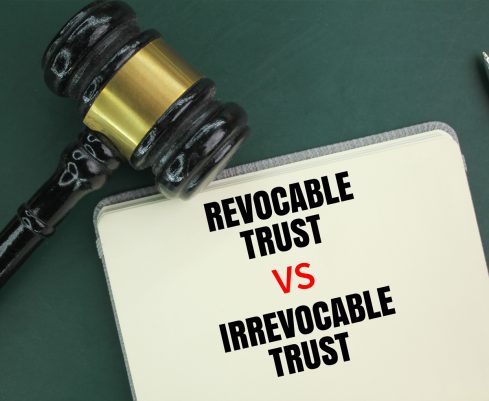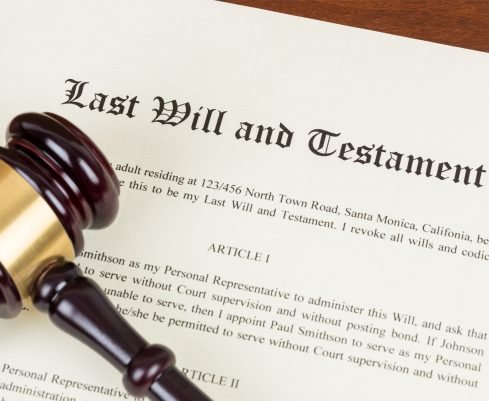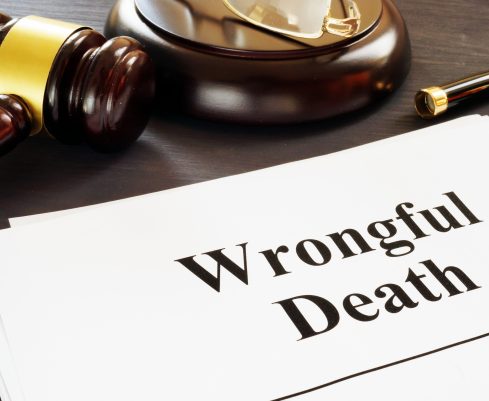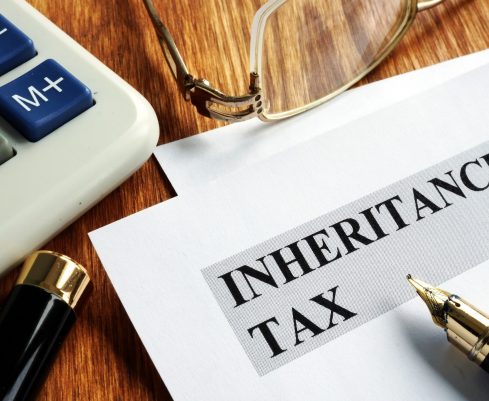At Ward, Shindle & Hall, we often work on behalf of families to act as the administrator of a deceased loved one's estate or trust.
Administration of a Will in New Jersey:
If the decedent left a will, the personal representative must file a petition for probate with the Surrogate's Court in the county where the decedent resided at the time of death. The petition must include the following documents:
- A certified copy of the decedent's death certificate
- A copy of the decedent's will
- An affidavit from the personal representative stating that they are willing and able to serve
Once the petition for probate is filed, the Surrogate's Court will appoint the personal representative and issue Letters Testamentary. The personal representative then has the authority to administer the estate.
Administration of a Trust in New Jersey:
If the decedent left a trust, the trustee must first take possession of the trust assets. The trustee then has the responsibility of managing the trust assets according to the terms of the trust. This may involve investing the trust assets, paying the trust's expenses, and distributing the trust's assets to the beneficiaries.
Termination of the estate administration:
Once the personal representative or trustee has completed all of the necessary tasks, they can file a petition for final distribution with the Surrogate's Court. The petition must include an accounting of the estate's assets and liabilities, and a statement that all of the creditors' claims have been paid. If the court approves the petition, the estate will be considered to be closed and the personal representative or trustee's duties will be terminated.
Estate administration can be a complex and time-consuming process. It is important to have an experienced estate planning attorney to help you through the process. An attorney can help you understand your legal rights and obligations, and can represent you in court if necessary.
To learn more about our estate and trusts administration services or to schedule a consultation with the Ward, Shindle & Hall team, please contact our firm at (856) 853-7771.
Do You Need Legal Assistance With Your Estate Planning?
NJ Estate Law Blogs & Articles
Supplemental Needs Trusts in New Jersey
Supplemental needs trusts (SNT), also known as special needs trusts, are a legal arrangement that allows a disabled person to have assets held by a...Continue reading→
What the Jimmy Buffett Estate Fight Can Teach Families
Know what’s definitely not a cheeseburger in paradise? A drawn-out legal battle between family and trusted advisors. Yet that is exactly what’s happening in the...Continue reading→
Revocable Trusts vs. Irrevocable Trusts: What is the Difference?
Both revocable and irrevocable trusts are used in estate planning, but they serve different purposes and offer different advantages and disadvantages. A revocable trust allows...Continue reading→
What Is New Jersey Medicaid Planning?
New Jersey Medicaid planning is a legal and financial strategy designed to help individuals qualify for Medicaid benefits while preserving as many of their assets...Continue reading→
Understanding the Medicaid Look-Back Period in New Jersey
If you’ve started researching Medicaid planning, you’ve likely come across the term of the Medicaid look-back period in New Jersey. But what exactly does it...Continue reading→
Revocable Living Trust: A Flexible and Practical Estate Planning Tool in New Jersey
When it comes to estate planning in New Jersey, a revocable living trust is a versatile option that can help you manage your assets during...Continue reading→
5 Common Medicaid Planning Mistakes in New Jersey Families Should Avoid
Navigating Medicaid planning mistakes in New Jersey can be challenging, especially when it comes to planning around long-term care. Whether you’re preparing for your own...Continue reading→
What Could Happen When a New Jersey Resident’s Will Is Lost
A caution on what could happen when a New Jersey resident’s Will is lost at the time of their death. When a loved one passes...Continue reading→
Burial Disputes Between Parents in New Jersey
How does NJ settle burial disputes between parents when a child passes away? Every parent’s worst nightmare is to have to bury their child. And...Continue reading→
The Probable Intent Doctrine in New Jersey
The doctrine of probable intent guides courts in construction of a will or trust. It is crucial to use clear, unambiguous language when creating your...Continue reading→
What is Per Stirpes and How Can You Use it in Your Will?
Per Stirpes is a simple method of adding contingent beneficiaries to your will. Deciding who will inherit your assets and estate after you pass away...Continue reading→
Proving Undue Influence In New Jersey
When administering the estate of someone who has passed, the priority should always be to honor their intentions and wishes. In most cases, this can...Continue reading→
Wrongful Death Act In New Jersey
When someone passes due to a wrongful death in New Jersey, there are certain requirements if the family intends to file a wrongful death claim....Continue reading→
Issues With Partition Action In New Jersey
There are many ways to own property jointly in New Jersey, In some instances, if owners cannot agree to how to handle a property, a...Continue reading→
The Slayer Statute
It is generally understood that the slayer statute protects a persons belongings and funds when they are slain by a beneficiary of their estate. That...Continue reading→
8 Common Mistakes in Estate Planning
We see clients make the same mistakes in estate planning over and over. There is plenty of information out there about what to do when...Continue reading→
End-of-Life Decisions: What to Consider and Why it’s Important
While it can seem morbid, making end-of-life decisions is important to both your estate and your loved ones. There is a lot to consider, which...Continue reading→
Inheritance Tax Comparison: NJ, PA & DE
This article should make you familiar with the general inheritance tax considerations in New Jersey, Pennsylvania, and Delaware. Tax considerations are a large part of...Continue reading→


















